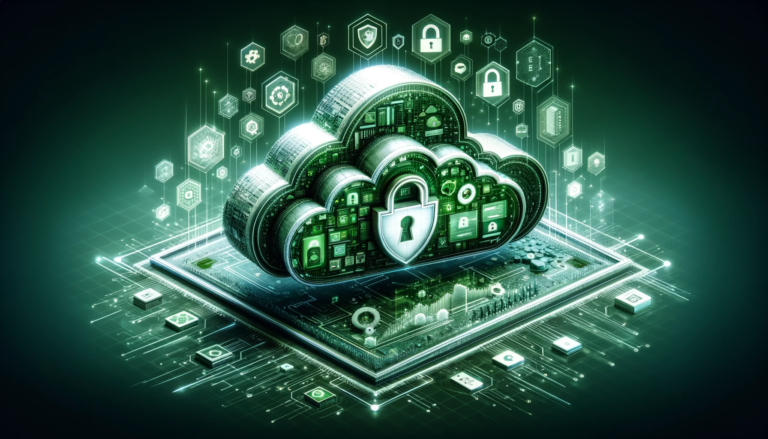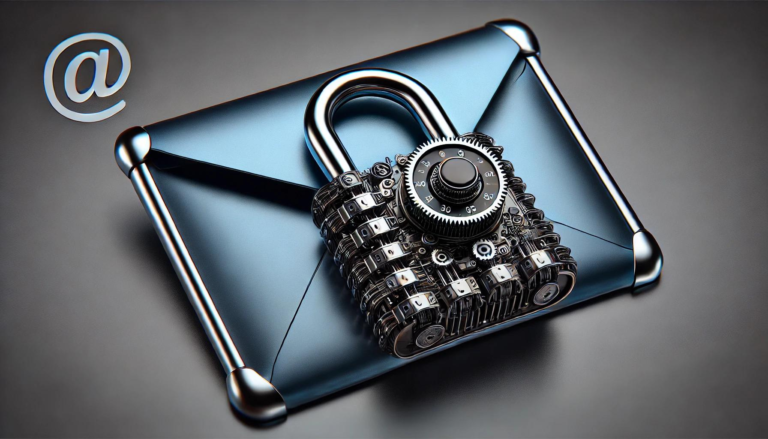In the digital landscape, the imperative for a strong cybersecurity culture in businesses is paramount. This culture is not just a set of practices but a mindset that prioritizes and consistently implements cyber-safe behaviors across all levels of the organization. Let’s delve into the essence of a cybersecurity culture, its significance, and the shared responsibility within an organization to nurture and maintain it.
What is a Cybersecurity Culture?
First we need to define everything that a cybersecurity culture entails. Cybersecurity culture transcends having the right technology and protocols. It’s about creating an environment where security is an integral part of every action and decision. This mindset involves understanding the role of each individual in protecting the organization’s digital assets and making security a natural part of the business process.
Why is Creating a Cybersecurity Culture Important?
A robust cybersecurity culture is crucial for mitigating risks associated with cyber threats. It prepares businesses to effectively respond to incidents and recover with minimal impact, building trust with customers and stakeholders.
Developing Policies and Procedures That Resonate
Effective cybersecurity policies and procedures are relatable, contextual, and easily digestible. Communication through platforms like Microsoft Teams ensures these policies resonate with employees, meeting them in their digital spaces and making compliance intuitive.
Encouraging Reporting and Open Communication
A comfortable environment for reporting security incidents is key. Security teams should be seen as approachable problem solvers, fostering open communication and a sense of collective responsibility. Here’s who is truly responsible for developing a cybersecurity culture in a business.
The Role of Senior Leadership

Senior leadership is fundamental in establishing a cybersecurity culture. Their commitment and actions should inspire the entire organization, demonstrating the importance of cybersecurity.
Educating for the Right Behaviors
Educating employees on the value of good security practices is vital. Regular reminders, alerts, and relevant information reinforce these behaviors and keep security at the forefront of daily operations.
Simplifying Secure Behaviors
Making it easy for employees to practice secure behaviors is crucial. Designing systems that encourage secure actions simplifies compliance, making the right way the easy way.
Case Study Insight: Accenture’s Approach
Accenture’s approach to cybersecurity culture provides valuable insights. They expanded their security defenses beyond technical systems, focusing on people, processes, and technologies. This integrated approach involved a comprehensive Information Security Risk Profile and the development of an Information Security organization. A key strategy was engaging every employee in security practices through innovative training programs. These efforts significantly reduced the likelihood of employees being involved in security incidents, showcasing the effectiveness of a comprehensive, employee-engaged cybersecurity culture. (Source)
Many People in Different Roles are Responsible for Developing a Cybersecurity Culture
Developing a cybersecurity culture is a collective and ongoing endeavor, requiring commitment at all levels of the organization. From leadership to the newest employee, each individual plays a pivotal role in upholding digital integrity. Integrating technology, effective policies, education, and a human-centric approach, businesses can not only protect themselves from digital threats but also establish a foundation of trust and reliability in the digital ecosystem. The continuous evolution of this culture ensures resilience and security in an ever-changing cyber landscape.
Are you interested in establishing an effective cybersecurity culture, or bolstering an existing one? Get in touch with SelTec to audit your cybersecurity best practices and culture today.



